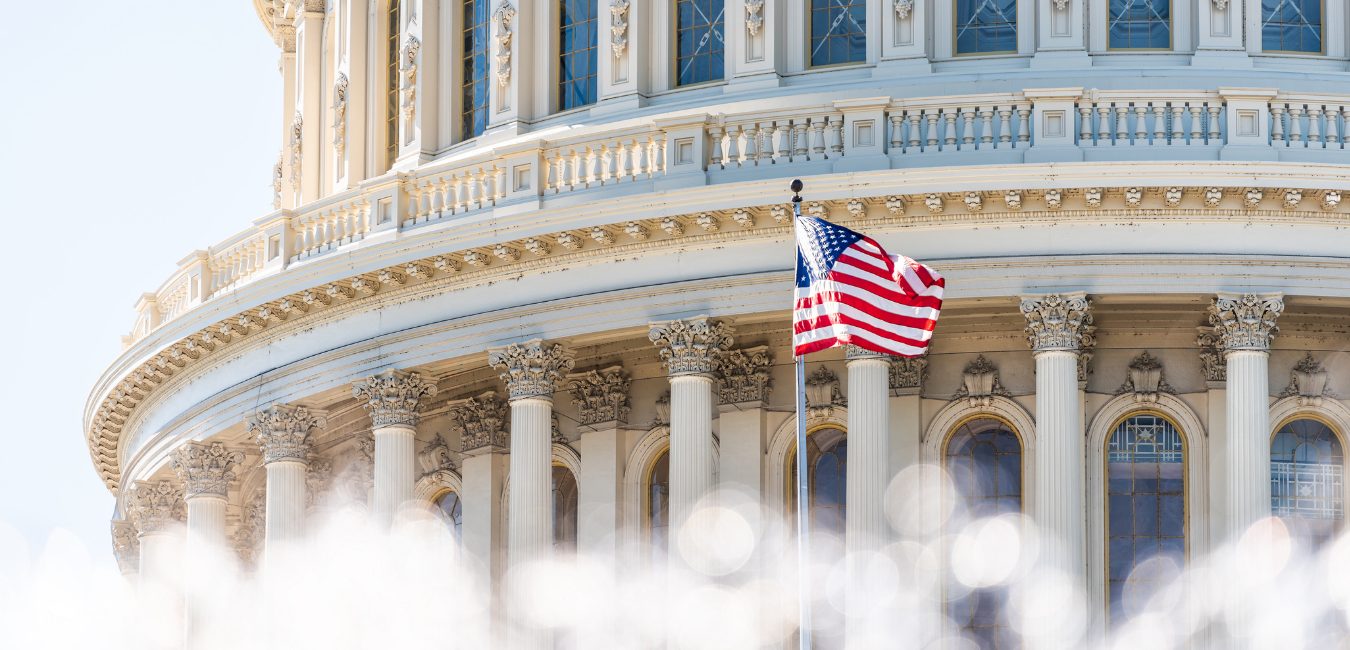
FPF Awarded NSF and DOE Grants to Advance White House Executive Order on Artificial Intelligence
The Future of Privacy Forum (FPF) has been awarded grants by the National Science Foundation (NSF) and the Department of Energy (DOE) to support FPF’s establishment of a Research Coordination Network (RCN) for Privacy-Preserving Data and Analytics. FPF’s work will support the development and deployment of Privacy Enhancing Technologies (PETs) for socially beneficial data sharing […]

RECs Report: Towards a Continental Approach to Data Protection in Africa
On July 28, 2022, the African Union (AU) released its long-awaited African Union Data Policy Framework (DPF), which strives to advance the use of data for development and innovation, while safeguarding the interests of African countries. The DPF’s vision is to unlock the potential of data for the benefit of Africans, to “improve people’s lives, […]

Colorado’s Approval of Global Privacy Control: Implications for Advertisers and Publishers
The privacy laws of both Colorado and California require organizations to recognize Universal Opt-Out Mechanisms (UOOMs), a tool through which a person can invoke their opt out rights broadly across all the websites they visit. While California has required responding to certain UOOMs since July 2021, the Colorado Attorney General has only recently approved their […]

FPF Joins the NIST Artificial Intelligence Safety Consortium
The Future of Privacy Forum (FPF) is collaborating with the National Institute of Standards and Technology (NIST) in the U.S. Artificial Intelligence Safety Institute Consortium to develop science-based and empirically backed guidelines and standards for AI measurement and policy, laying the foundation for AI safety across the world. This initiative will help prepare the U.S. […]

The Garden State Joins the Comprehensive Privacy Grove
On January 16, 2024, Governor Murphy signed S332 into law, making New Jersey the thirteenth U.S. State to adopt a comprehensive privacy law to govern the collection, use, and transfer of personal data. S332 endured a long and circuitous route to enactment, having been introduced in January 2022 and amended six times before being passed […]

FPF Announces International Technology Policy Expert as New Head of Artificial Intelligence
FPF has appointed international technology policy expert Anne J. Flanagan as Vice President for Artificial Intelligence (AI). In this new role, Anne will lead the privacy organization’s portfolio of projects exploring the data flows driving algorithmic and AI products and services, their opportunities and risks, and the ethical and responsible development of this technology. Anne […]

7 Essential Tips to Protect Your Privacy in 2024
Today, almost everything we do online involves companies collecting personal information about us. Personal data is collected and used for various reasons – like when you use social media, shop online, redeem digital coupons at the store, or browse the internet. Sometimes, information is collected about you by one company and then shared or sold […]

Identifying Privacy Risks and Implementing Best Practices for Body-Related Data in Immersive Technologies
As organizations develop more immersive technologies, and rely on the collection, use, and transferring of body-related data, they need to ensure their data practices not only maintain legal compliance, but also more fulsomely protect people’s privacy. To guide organizations as they develop their body-related data practices, the Future of Privacy Forum created the Risk Framework […]

This Year’s Must-Read Privacy Papers to be Honored at Washington, D.C. Event
The Future of Privacy Forum’s 14th Annual Privacy Papers for Policymakers Award Recognizes Influential Privacy Research Today, the Future of Privacy Forum (FPF) — a global non-profit focused on data protection headquartered in Washington, D.C. — announced the winners of its 14th annual Privacy Papers for Policymakers (PPPM) Awards. The PPPM Awards recognize leading U.S. […]

Explaining the Crosswalk Between Singapore’s AI Verify Testing Framework and The U.S. NIST AI Risk Management Framework
On October 13, 2023, Singapore’s Infocomm Media Development Authority (IMDA) and the U.S.’s National Institute of Standards and Technology (NIST) published a “Crosswalk” of IMDA’s AI Verify testing framework and NIST’s AI Risk Management Framework (AI RMF). Developed under the aegis of the Singapore–U.S. Partnership for Growth and Innovation, the Crosswalk is a mapping document […]
